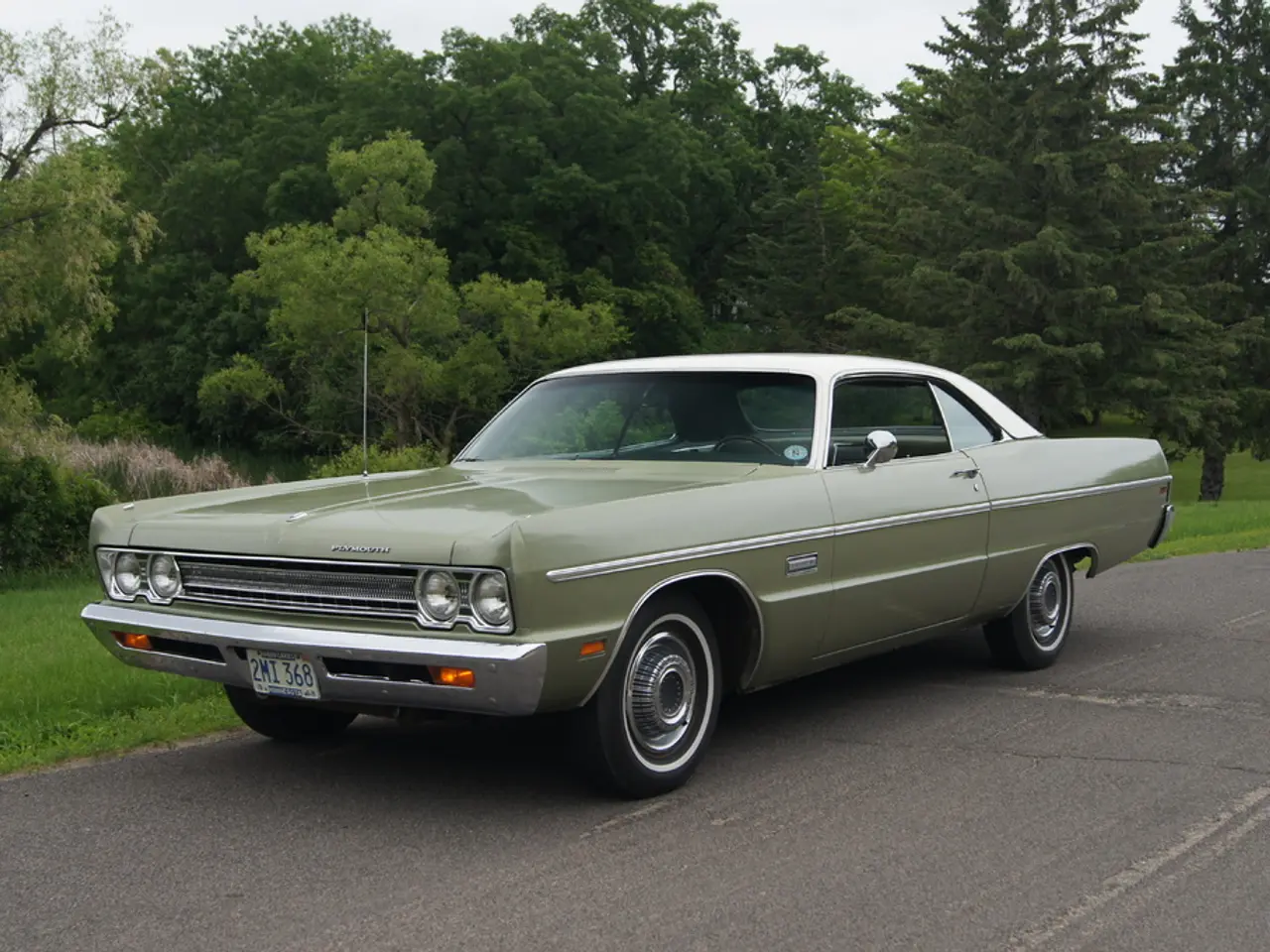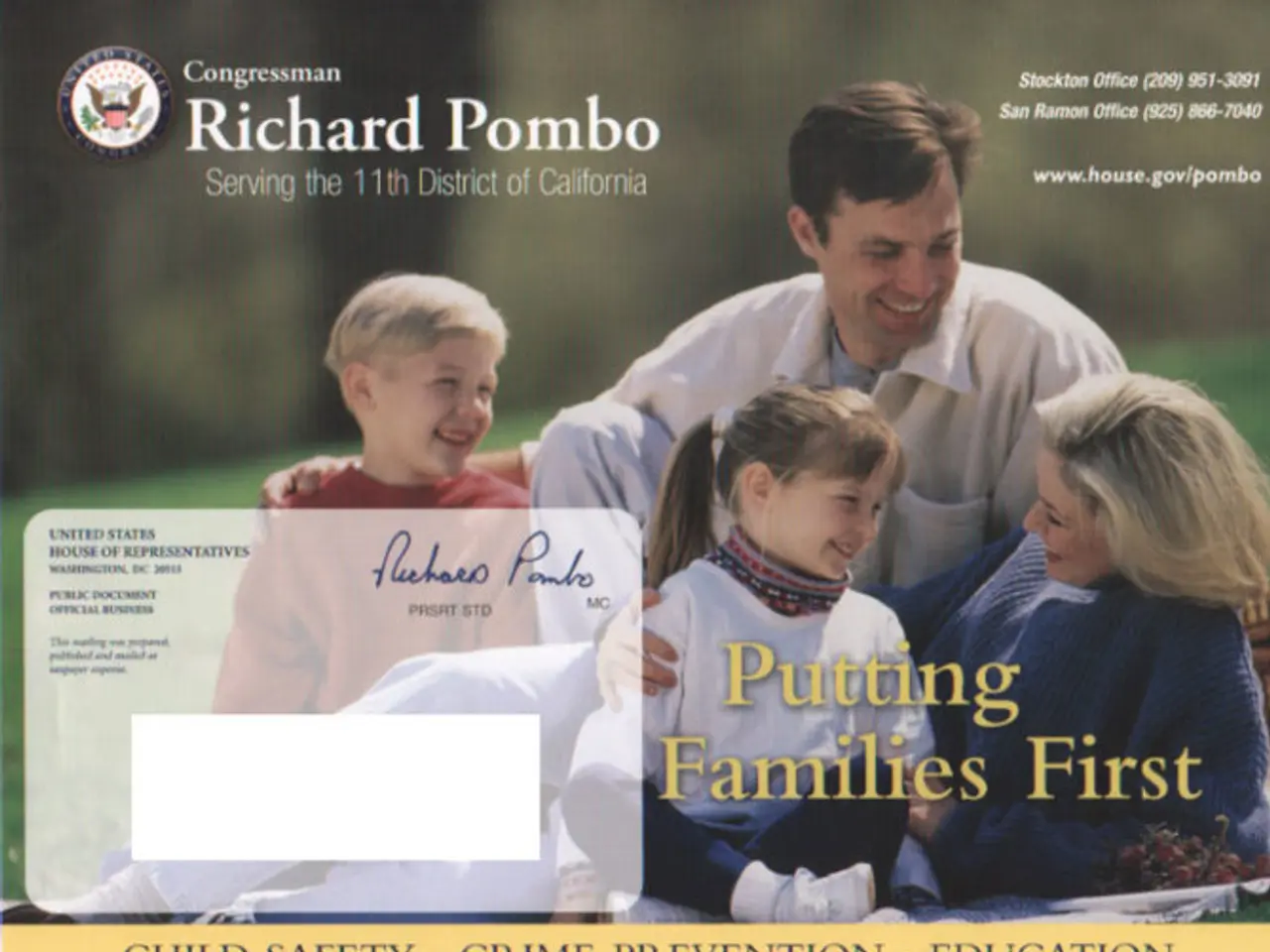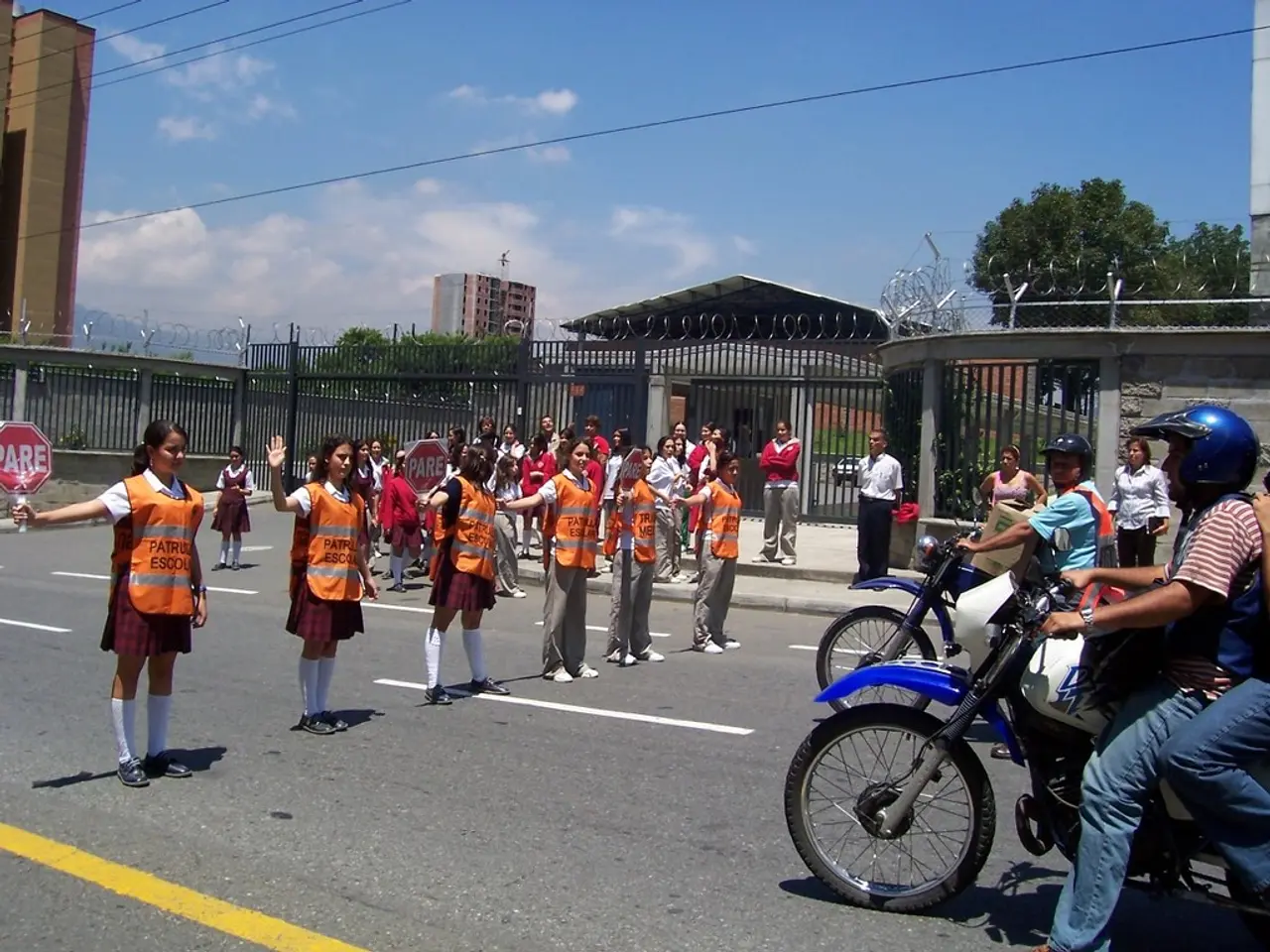Increase in number of classic cars on UK roads, but emissions decreasing
Classic Cars on British Roads: Emissions Decrease Despite Increase in Numbers
The number of classic cars on British roads has seen a significant increase over the past decade, with the number of 30- to 33-year-old cars more than tripling from nearly 18,000 ten years ago to nearly 70,000 today. This rise, however, has not led to a corresponding increase in emissions.
By the end of 2024, the number of classic cars in the UK had more than doubled to 1,056,919. Despite this growth, emissions from the entire classic vehicle sector have only increased by 34 percent. This decrease in exhaust emissions is primarily due to the rise of "modern classic" cars that incorporate newer fuel-saving technologies, resulting in better emissions profiles.
The influx of younger cars is having a positive impact on the classic sector's overall emissions. These younger cars bring greater fuel efficiency and tighter emissions controls with them. The trend for 'modern classic' cars has contributed to a 16 percent reduction in average emissions per vehicle compared to a decade ago.
Classic cars contribute just 0.3 percent of the UK's overall transport CO2 emissions. This relatively low overall emissions footprint, coupled with increased awareness and technological improvements in the automotive industry and among consumers, helps to offset what would otherwise have been a doubling in the environmental footprint of the classic sector's motoring heritage.
Alex Kefford, head of editorial at Loop, explained this increase in younger cars in the classic sector. In 2013, the UK had 466,830 classic cars, officially defined as vehicles aged more than 30 years old. By 2024, this number had more than doubled. Some 63,000 cars gained classic status in 2024 alone. Today, there are more 30- to 33-year-old cars than the total number of classics of any age a decade ago.
Technology such as fuel injection and electronic ignition is becoming commonplace in classic cars, as vehicles from the mid-1990s enter the classic sector. Engineering innovations, along with better manufacturing processes and quality control, have resulted in a 21 percent improvement in average fuel economy between 1978 and 1995. The average annual CO2e emissions per car decreased from 899kg in 2013 to 757kg last year.
In conclusion, the classic car sector in the UK is evolving, with modern classics offering improved technology that leads to better fuel efficiency and reduced emissions. This shift is helping to mitigate the environmental impact of the growing number of classic cars on British roads.
- The classic car sector in the UK has seen a substantial increase in the number of cars on British roads over the past decade.
- Despite this rise, emissions from the classic vehicle sector have only increased by 34 percent, due to the emergence of "modern classic" cars with improved fuel-saving technologies.
- These modern classic cars are contributing to a 16 percent reduction in average emissions per vehicle compared to a decade ago.
- The influx of younger cars, which bring greater fuel efficiency and tighter emissions controls, is positively impacting the classic sector's overall emissions.
- Technology such as fuel injection and electronic ignition is becoming commonplace in classic cars, resulting in a 21 percent improvement in average fuel economy between 1978 and 1995.
- The average annual CO2e emissions per car decreased from 899kg in 2013 to 757kg last year, demonstrating the evolution of the classic car sector towards better carbon footprints and environmental sustainability.




